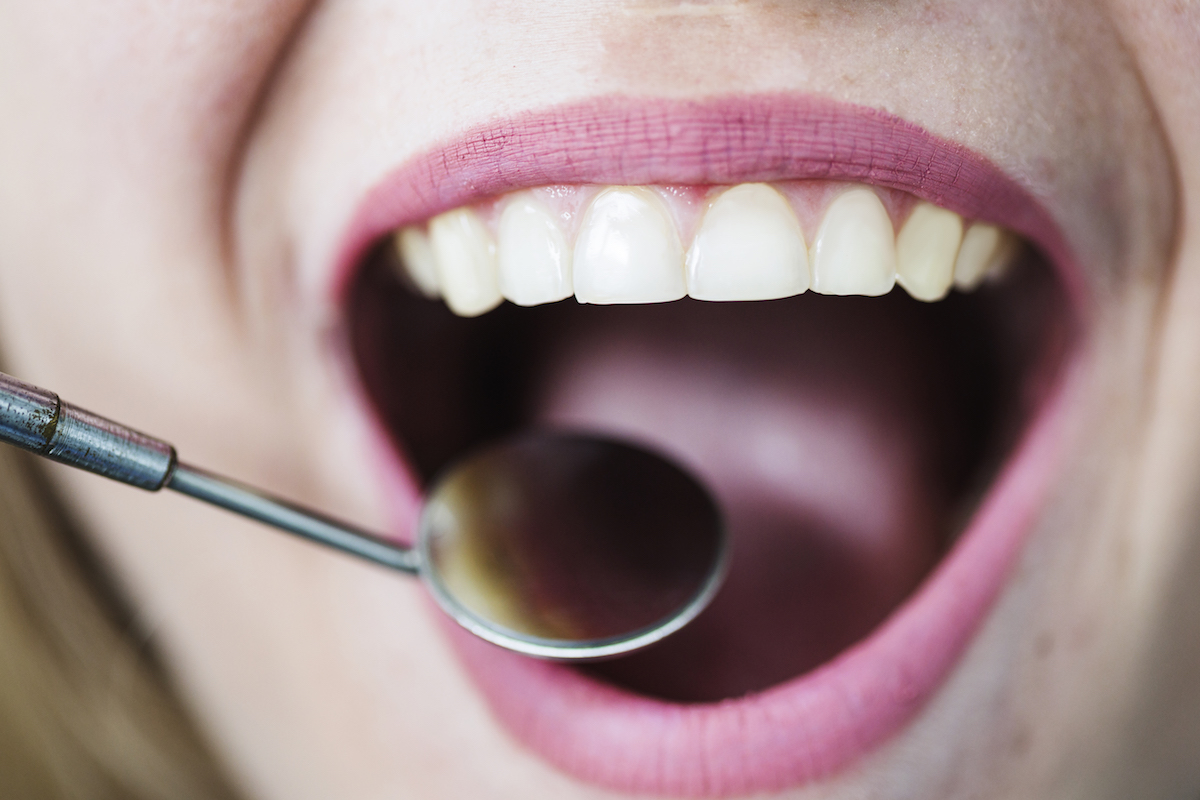How To Reverse Gum Disease Without Surgery
You should never ignore when your gums are swelling, as it may lead to a more serious infection. Periodontitis can lead to infected gums detaching from the root of the tooth.
When this happens, the gap or area between the root and the gum expands and forms a pocket which is deep and oxygen-free. These areas are very dangerous as they let aggressive anaerobic bacteria grow and lead to destruction. This kind of bacteria love this environment and accelerate the infection even more. Unhealthy mouths harbor this kind of bacteria.
As pockets become deeper, the underlying bone that is supporting the teeth gets affected. With bone loss comes the loss of teeth as well. Moreover, this infection may even go around the body as the bacteria may be transported through the bloodstream.
In time, this may lead to heart disease as proven by research. This happens by destabilizing the fatty plaque deposits in your arteries. The arteries may then rupture and lead to clots that block arteries feeding the heart. Eventually, the patient may suffer a heart attack. Doctors believe that this might be the reason behind 50% of heart attack or stroke cases that occur yearly, especially when they do not have high cholesterol.
Lastly, periodontal disease has been linked to other conditions like diabetes, kidney disease, and even lead to low birth-weight babies. The link between chronic infection and lower immune system has been well-researched.
What To Do In Case Of Periodontal Disease
There are non-surgical ways of dealing with periodontal disease or even reversing gum disease, specifically if it has not yet progressed to an advanced stage. In fact, some of these options may even reverse the disease and give you a healthier mouth. Here are some of these approaches:
Deep Cleaning/ Scaling
When a dentist sees a patient with periodontal disease, he will need to measure how deep the pockets are in order to diagnose the right stage. If the pockets are less than 3 mm deep, it will mean the patient has no gum disease and anything more than 4 mm will mean the gums have begun pulling away from the teeth. Unfortunately, the plaque and tartar that build up in these pockets can no longer be removed by normal brushing or flossing.
The only way to address this is to get a deep cleaning, which will remove tartar and plaque that has built up in these areas. The first step is to use a tool to scrape the tartar and plaque manually. An ultrasonic scaler may break them up first. During the procedure, the dentist might use a local anesthetic to numb the gums. Patients who have gum disease are normally more sensitive compared to others without periodontitis.
Root Planing
This procedure is also capable of smoothing out the surface of the root, removing any bacteria and tartar. After doing so, it will make it more difficult for new tartar to collect again. After going through planing, the gums can heal and reconnect with the teeth. In turn, the pockets get smaller and the disease can be reversed.
Antibacterial Treatment
More than just doing a deep cleaning, your dental professional may also be done by your dentist. It will clean and heal the gums, killing all bacteria at the same time. To treat gum disease, some kinds of antibiotics may be prescribed as well.
For a long-term solution, the dentist can put an antibacterial chip or gel in the pockets after the scaling procedure. The gel or the chip has an antibiotic that will be slowly released into the gums so that all bacteria will be killed. Another option is to use an antibacterial mouth rinse.
Regular Follow-up And Care
In many cases, one round of deep cleaning is enough to reverse periodontitis, but treatment should not end here. You need to make sure you visit your dentist regularly in order to make sure all bacteria are killed and that it will not happen again. Unfortunately, if the pockets stay deeper than 3 mm, you might actually need more extensive treatment or even surgery.
Of course, you should try to improve on your oral habits so that you can say goodbye to gum disease for the rest of your life. You should also avoid habits that are dangerous to your teeth and gums, like smoking.
